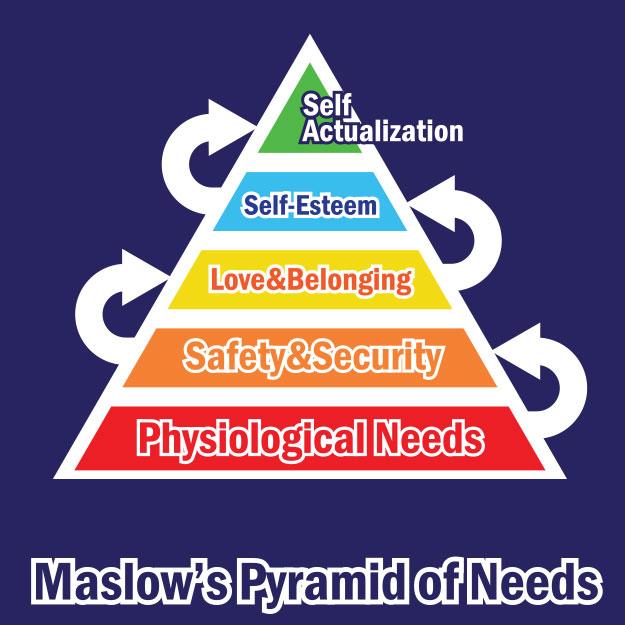How to Deal with Eating Disorders in Children

by freelancer Gemma Bond

How to Deal with Eating Disorders in Children
Childhood should be a happy time of every person’s life, an age when the trials and tribulations of the real world are far away, a time when the daily concerns that plague many adults have yet to present themselves. However, this isn’t always the case. Regrettably, the trends indicate a rising number of children suffering from a problem that they should definitely not be worried about: body image. What is normally associated with people in their late teens and early twenties has now begun to affect children much younger than this.
What’s the Problem?
A number of studies have shown worrying statistics. One says how children as young as eight are concerned about how their body looks, while another says some children are starting to get diet before they’ve even hit their 11th birthday.
One reason why this might be the case is that today’s children are under more pressure than ever in nearly all aspects of their lives. They’re expected to be academically and socially successful and say and do the right things. Kids just can’t be kids anymore; it’s all about being on the fast track to success, to be perfect in every way. Only, children don’t really understand these rules – they don’t speak the language of success the same way their parents do. They just know they’re expected to be perfect. It is natural that they would extend this pressure of perfection to their bodies, too.
Advertising and Body Pressures
Of course, it’s impossible and foolish to only blame the parents. Many brilliant, loving parents can be blindsided by a body image issue in their son or daughter. However, sometimes it’s not enough to create a safe “we’ll love you however you are” environment in the home. Like it or not, kids are much more plugged into the wider world than previous generations. They’re exposed to much more. On their smartphones and tablets, they’re not just texting their friends and taking photos – they’re also seeing Instagram photos of airbrushed models and seeing other celebrities being mocked for putting on a few pounds of weight. Children haven’t lived the necessary years to see how shallow these things are; it becomes the lens through which they see the world. All of a sudden, their childish puppy fat becomes an imperfection.

What Can You Do?
Body image concerns in children aren’t absolute. They, like everything else, can be changed. It just takes dedication, communication, and a little bit of love.
Talk to your Child
If your child is suffering from some sort of turmoil relating to how they look, they probably don’t really understand what is happening to them or why they feel a certain way. Create a safe space where you can talk to your child in a calm, non-accusatory manner. Talk to them about what a negative body is, its causes and effects, and how it can be overcome. While there are health complications associated with eating disorders, don’t try and scare your child into changing. The talk should come from a place of love, not fear.
Help Them
You’re there for your child in any way they need you. If they feel pressured in every other aspect of life, make sure you’re the voice they turn to when they need help figuring things out. By enlisting their trust, you can help them get the help they need. This can as simple as making sure they eat properly by cooking tasty meals, or, if the problem is more severe, by getting a trained professional to talk through the problems your child has.

Remember They’re Still Learning
We’re all guilty of forgetting how difficult being a child can be. Don’t downplay their problems or make jokes about it. Just be there for them by being sensitive to what they’re going through, and how they’re affected by what they see in the world around them. Think of them as growing flowers – what will you water them with? Love and affection should be on, as should setting a good example. If you’re obsessing over your own weight, it’s logical that they will too. Create a healthy happy space, for both of you.
The problem of children being concerned with how they look should not exist, but it does. We can fix it, though, by being there for them in the ways they need us too. Give them all the love and support you can muster and educate them about the importance of eating well and we’re sure they’ll be on the right path to being well again.
Related Resources
Critical Thinking resources on kidCourses.com.
Read about gratitude on kidCourses.com.
Sources
http://www.bulimia.com/topics/body-image/
http://www.academia.edu/4414210/Negative_effect_of_media_on_girls
http://www.med.umich.edu/yourchild/topics/feed.htm
http://www.dailymail.co.uk/news/article-3171612/Children-young-eight-unhappy-body-image.html
http://drexel.edu/healthservices/resources/students/body-image/
http://cty.jhu.edu/research/topical/pressure.html
http://www.hsph.harvard.edu/news/features/advertisings-toxic-effect-on-eating-and-body-image/
http://www.cookinglight.com/food/everyday-menus/healthy-meals-for-kids
http://news.psu.edu/story/162249/2010/12/15/video-teen-body-image-reality-versus-perception


